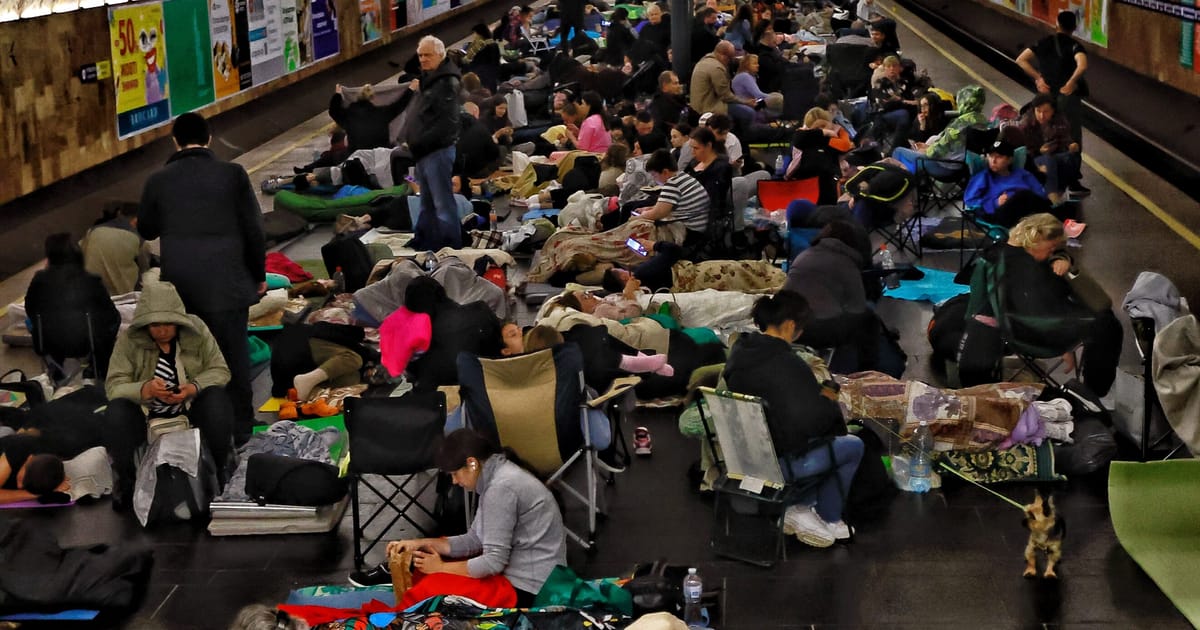

This peaceful midsummer week witnessed a series of pivotal events unfolding in Ukraine, reflecting a global atmosphere of complexity and the resolute striving for peace and stability. As the situation evolves, a clear commitment emerges to bolstering defenses and exploring diplomatic avenues.
Nearly a year and a half into the ongoing conflict, Ukraine faced an intensive night as drone and missile attacks carried a whirlwind of destruction to its capital, Kyiv. This seven-hour assault, the most severe of the year, symbolizes the broader tensions following a conversation between US President Donald Trump and Russian President Vladimir Putin. Ukrainian President Volodymyr Zelenskyy sternly characterized the assault as a deliberate act of terror, coinciding closely with the intercontinental dialogue.
In light of this reality, a thoughtful exchange took place between President Trump and President Zelenskyy, focusing on the enhancement of defense strategies. Both leaders expressed shared intentions to fortify Ukraine’s air defenses amidst persistent threats. Despite some delays in military shipments, including critical Patriot air defense missiles, the conversation remained constructive, with an emphasis on collaborative efforts to achieve peace and security in the region.
Meanwhile, insights from European intelligence services have drawn attention to the increasing use of banned chemical weapons by Russian forces. Addressing these concerns, the Dutch defense chief highlighted the normalized nature of these tactics, emphasizing the importance of international vigilance and proactive measures to protect civilian populations in conflict zones.
Russia’s determination to continue its military operations was reinforced by Kremlin spokesperson Dmitry Peskov, who restated their preference for achieving goals through political and diplomatic means but affirmed the continuation of military actions until such a path becomes viable. This statement encapsulates the current impasse and the complex search for solutions that balance diplomacy with security needs.
In a broader geopolitical shift, Russia’s ‘brave decision’ to recognize the Taliban’s regime in Afghanistan reaffirmed its strategic repositioning on the global stage. As Russia becomes the first nation to officially acknowledge the Taliban’s authority, it opens a new chapter in diplomatic recognitions and shifts in international alliances.
Across these unfolding narratives, it is evident that the challenges facing Ukraine extend beyond immediate military engagements to include diplomatic, strategic, and humanitarian dimensions. As the international community continues to respond to these developments, the pursuit of peace remains a sovereign goal guiding actions and discussions. This week serves as a reminder of the resilience of human connections and the tireless work towards a more stable, harmonious global society.
Source: {link}
